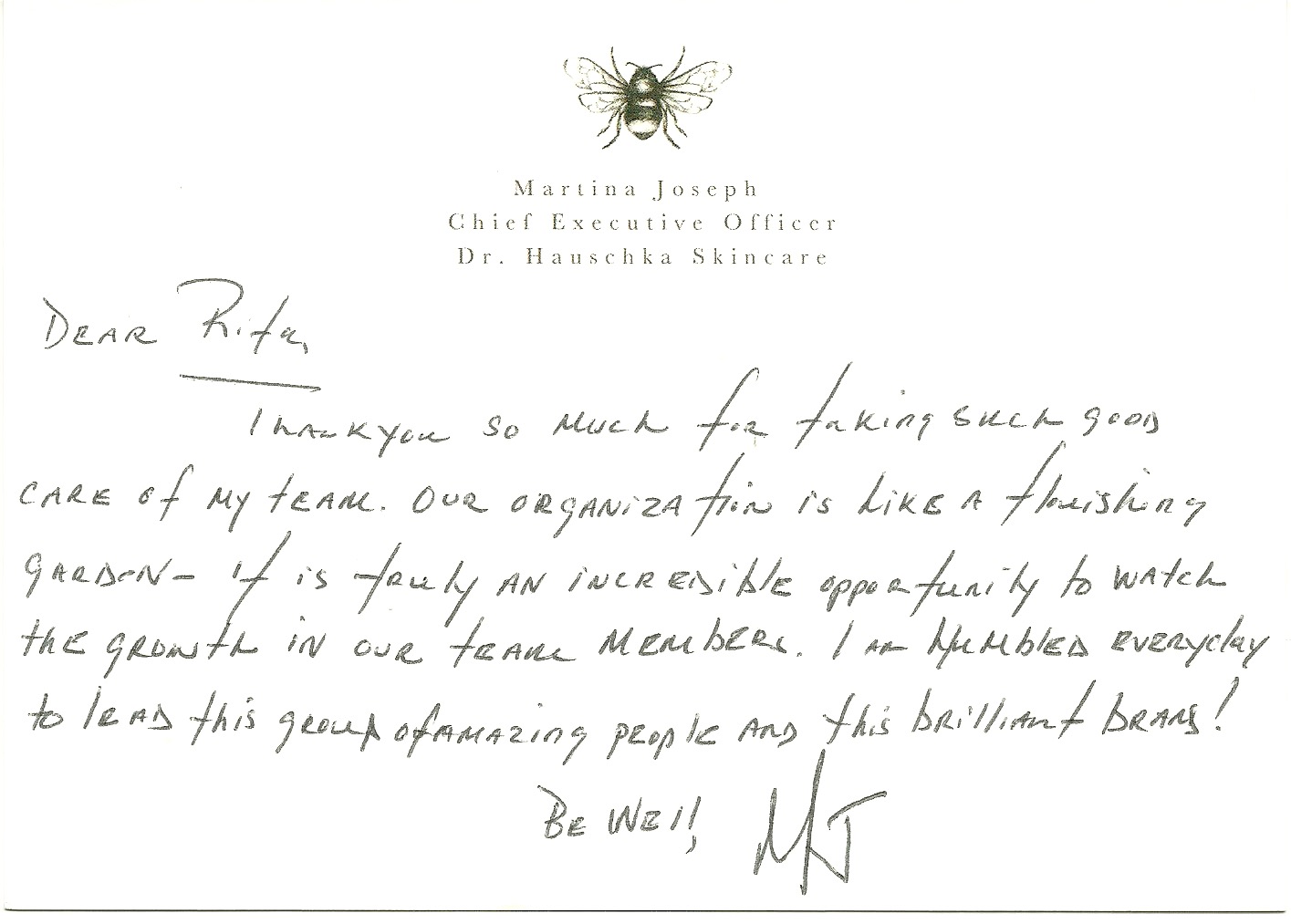Who would have thought back in January, that the year 2020 would be fraught with so much angst, frustration and sorrow? So much loss. Some of you may recall that back in March I sent out a newsletter entitled Isn't it Ironic,looking at how this pandemic was happening in the year 2020 a number associated with vision. The Latin verb specere,which means to see, to look at, to observe, is the root of many words --speculate, perspective, introspection, to name a few.
I discussed the many ways in which the COVID-19 crisis has made many of us feel emotionally farsighted: things that are near to us, life as we know it, was now out of focus. And how this pandemic has also made us feel emotionally myopia: we cannot clearly see what our lives down the road will look like for we are living in the uncharted territory of unabated uncertainty. Even with the vaccine touching the horizon, life will not return to the normal we knew for quite some time as this virus continues to wends its way through the fabric of our lives.
Now the new year is upon us. What will this new year look like for you? What is your plan, your goal for 2021? A fresh start? A desire to make changes (personally and/or professionally) to live a more motivated and inspired life?
To plan for the new year it is important to look back at the past year and examine and make a list of what you've done and what you didn't do; what were your successes and what were your greatest challenges. Create a road map that details your 2020 journey. This map is vital to your success, to plotting the journey that lies ahead.
In creating your New Year goals, your "year in review roadmap" will show you the pattern of missteps and detours that derailed your 2020 goals, allowing you to challenge and change the greatest habits that do not serve you. For our lives are not determined by what happens to us, but by how we react to what happens. Not by what life brings to us, but by the attitude we bring to life. A positive attitude causes a chain reaction of positive thoughts, events, and outcomes. It is a catalyst, a spark that creates extraordinary results.
We've been living the restricted COVID life for nine months already and, at times, it is tiring and sometimes we may feel we want to rip off that mask and go hug our friends. I know I have felt that way. But we must be vigilant. The vaccine is not a magic bullet and so precautions are still necessary.
Aristotle wrote: The hardest victory is victory over self. I do think this pandemic has given us an invaluable opportunity to learn and to grow. Rather than allowing this crisis to drain your resolve, embrace this as an opportunity to change course. Resilient people know how to tap into that reservoir of determination that allows them to rise up strong and resolute.
"Calmness of mind, James Allen wrote, is one of the beautiful jewels of wisdom. It is the result of long and patient effort in self-control." Recognizing the difference between what we can and cannot change will help us live more peaceful and productive lives. Patience and perseverance lead to success.
Wishing you all a blessed New Year and the courage, wisdom, and tenacity to get back up when circumstances knock you down, to reach your 2021 goals. ~ Rita
